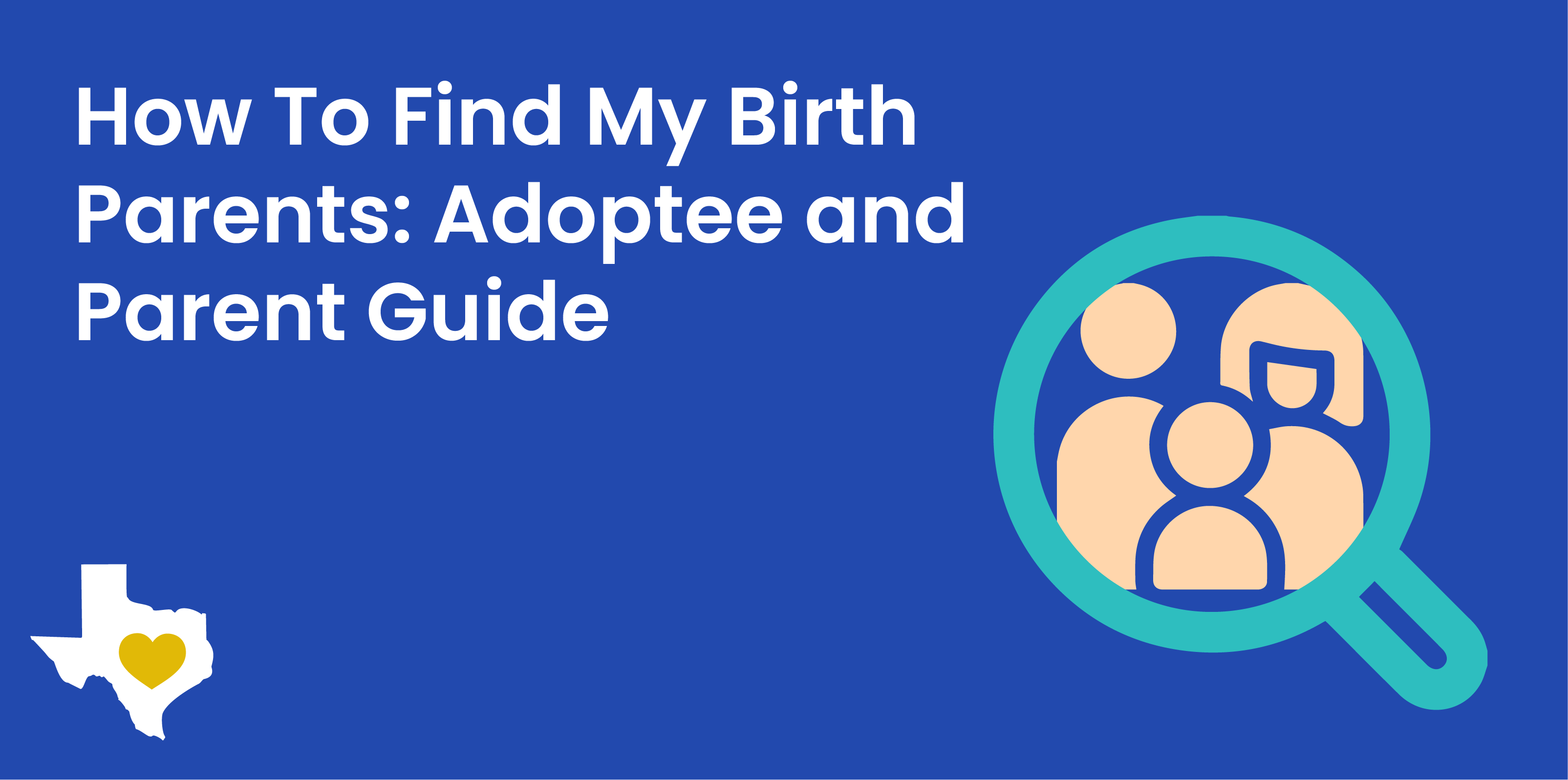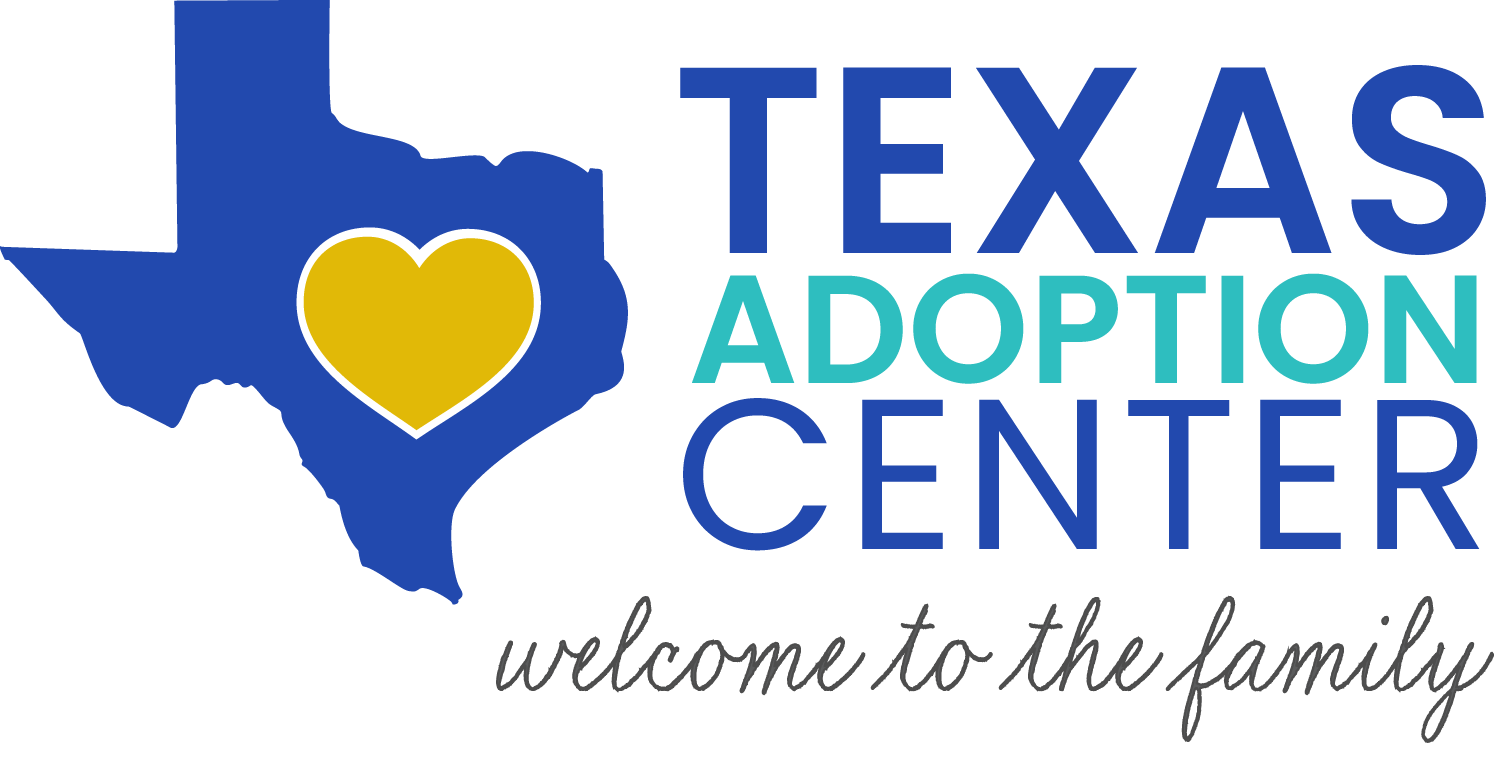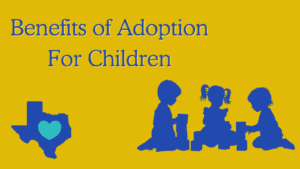
Finding your birth parents is usually a deeply emotional and transformative journey. For many adoptees, discovering their origins and understanding their heritage are crucial parts of their personal stories. For adoptive parents, supporting their child through this process is equally important and will strengthen family bonds.
This comprehensive guide will walk you through the steps, emotional considerations, and support resources for everyone involved in the search for birth parents.
Steps to Finding Your Birth Parents
1. Reflect on Your Motivation
Before starting the search, it’s important to understand your reasons. Are you looking for medical history, cultural identity, or personal closure? Are you wanting another explanation of your adoption story? Do you wish to connect with other relatives? Is there a medical concern or news you wish to share?
Clarity on your motivation can guide your approach and manage expectations.
2. Gather Information
Begin with what you already know:
- Adoption Records: Obtain any documents related to your adoption, such as birth certificates, adoption decrees, and any information provided by the adoption agency.
- Family Discussions: Talk to your adoptive parents or family members who might have additional information.
- Baby Books: Often your adoption baby book (if you have one or it’s still around) will contain helpful information about your birth and the adoption process that your parents may have forgotten.
3. Respect the Adoption Plan
If your birth mother and adoptive parents chose an open or semi-open adoption then this entire process may be a simple matter. You’ll simply have to follow the trail that leads to your birth parents. This may include a phone number, email, last address, and most, if not all, identifying information.
However, if a closed adoption was agreed upon, finding birth parents will be much more challenging. You will also need to consider the reality that your birth parents may or may not want to be contacted.
The process of unexpected birth and adoption can be very challenging for birth mothers/fathers and reminders of this time may be emotionally stressful. Be patient with yourself and with the reality of the situation. Lean on your support system and proceed with cautious optimism.
4. Register with Adoption Registries
Adoption registries are databases where adoptees and birth parents can register their contact information in the hope of being matched:
- Adoption Reunion Registry: A free mutual consent reunion registry for individuals seeking biological family members.
- State Registries: Some states have their own registries. Check the policies in your state for details.
- Texas Central Adoption Registry: The Vital Statistics (VS) Central Adoption Registry (CAR) provides a way for adult adoptees, birth parents, and biological siblings to locate one another without having to go through the court system or other sources.
5. Utilize Social Media and Online Resources
Social media platforms like Facebook and online forums can be powerful tools:
- Facebook Groups: Join groups dedicated to adoption searches. Members often share tips and success stories.
- Ancestry Websites: Websites like Ancestry.com and 23andMe can provide DNA testing and connect you with potential biological relatives.
7. Contact the Adoption Agency
If your adoption was facilitated by an agency, they are the best place to start for post-adoption services to assist in your search. If your parents used an agency to facilitate adoption (especially a US adoption agency), then they should have all the information you need.
Assuming that you have an open or semi-open adoption, of course. The information they have or are able to give out regarding a closed adoption will be limited.
Emotional Considerations
For Adoptees
The journey to find birth parents can evoke a range of emotions, each varying in intensity and significance. The possibility of reconnecting with your origins can be exhilarating. This hope and excitement often stem from the desire to understand where you come from and to fill in the gaps in your personal history. The prospect of meeting people who share your genetic makeup and cultural background can be incredibly empowering and affirming.
However, this journey is not without its challenges. Anxiety and fear are common feelings adoptees may experience. Concerns about rejection or finding unwelcome information can weigh heavily on your mind. The fear that your birth parents may not want contact or that you might discover difficult truths about your past can create significant emotional hurdles.
Grief and loss are emotions that many adoptees encounter when exploring their adoption story. Encountering the reality of your adoption can bring up feelings of sadness for the time lost or the circumstances surrounding your adoption. This grief can be complex and multifaceted, as it may also involve mourning for the life and connections that might have been, but also appreciation for the life you have.
For Adoptive Parents
Supporting your child through the process of finding their birth parents requires a deep understanding and empathy. Open communication is crucial in this context. Encouraging open and honest discussions about their feelings and motivations can help your child feel supported and understood. It is essential to listen without judgment and to create a safe space where they can express their hopes, fears, and questions.
Unconditional support is your role here. Reaffirming your love and support regardless of the outcome of the search can provide your child with the emotional security they need. This reassurance helps them feel that their quest for knowledge and understanding does not threaten their relationship with you. It emphasizes that your bond is strong and that their exploration of their origins is a natural and healthy part of their personal growth.
Respecting their journey is perhaps one of the most challenging yet essential parts of supporting your child. Understanding that finding birth parents is about your child’s need to know more about themselves and not a reflection of their relationship with you, can help maintain a positive perspective.
Support Resources
Counseling and Support Groups
Engaging with professionals and peers can provide vital support.
- Therapists Specializing in Adoption: Therapists with experience in adoption issues can help navigate complex emotions.
- Support Groups: Joining groups for adoptees or adoptive parents can offer shared experiences and advice.
Educational Resources
Learning more about the adoption process and stories from others can be beneficial. Check out books like “20 Life-Transforming Choices Adoptees Need to Make” by Sherrie Eldridge and “Beneath the Mask: Understanding Adopted Teens” by Debbie Riley provide insights into the adoptee experience.
You Are Not Alone in the Adoption Journey
Finding your birth parents is a significant and personal journey that involves careful planning, emotional resilience, and supportive resources. Whether you are an adoptee seeking to connect with your roots or an adoptive parent supporting your child, understanding the process and being prepared for the emotional terrain is crucial. Know that you’re not alone.
At Texas Adoption Center, our experienced team is here to help birth parents, adoptive parents, and adoptive children associated with our organization navigate every step of the process.
Contact Texas Adoption Center today to start your journey.






